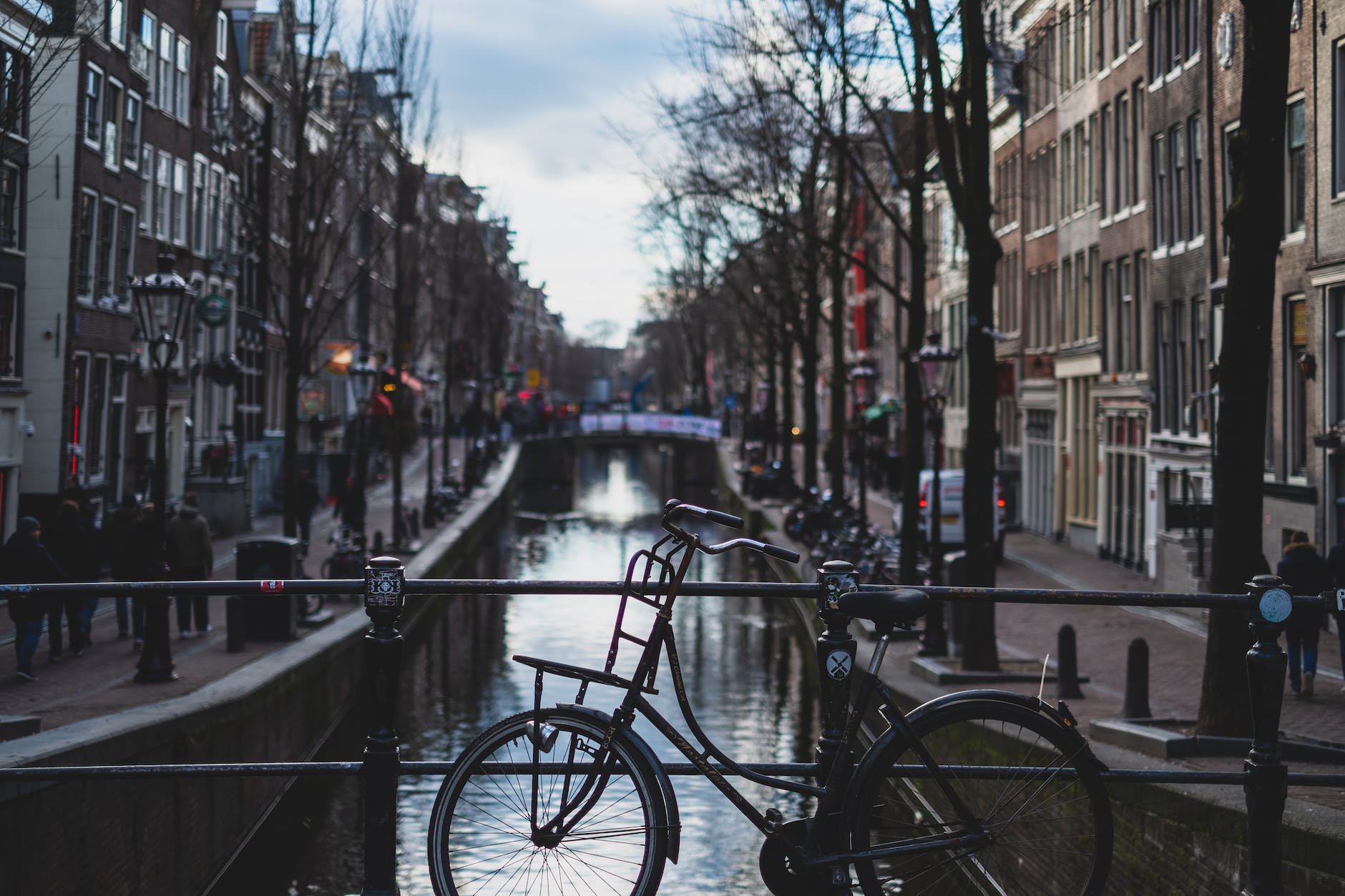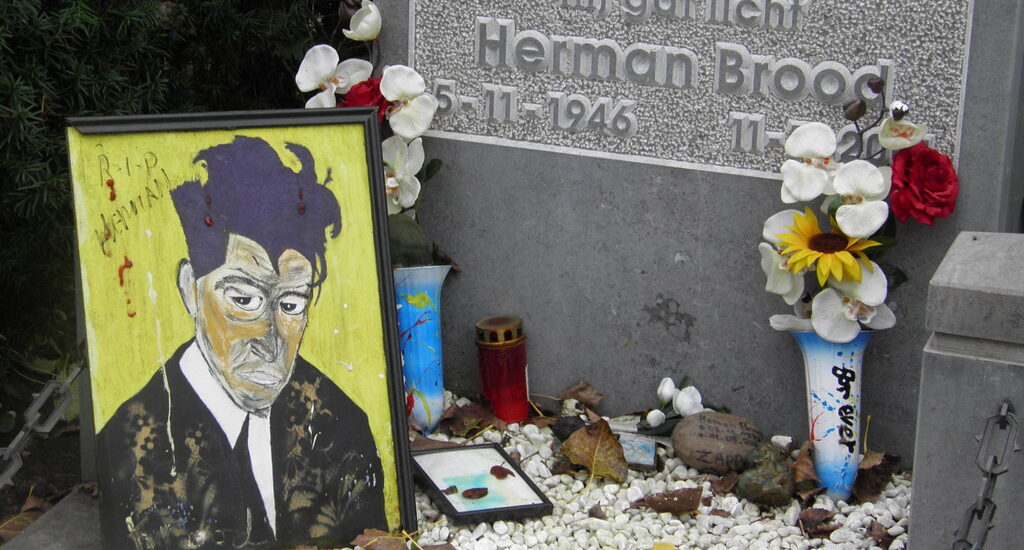Recently, I traveled to where euthanasia is legal, Amsterdam, to see how they assist those who choose to end their lives.
Every death is different. This is true for individuals, cultures, and countries. As a traveling death doula at times, I learn and see firsthand how other countries help (or don’t help) people at end-of-life. There are many different ways to:
- approach death,
- avoid suffering,
- aid in dying,
- assist with suicide,
- provide euthanasia, etc.
I plan on bringing my readers these approaches.
Legality doesn’t mean dying in Amsterdam is easy.
The Dutch-Death Experience
We can learn a lot from the experiences of dying people in the Netherlands. Legal since 2001, assisted death helps people end life on their own terms. As a result, many countries around the world study the experiences of Dutch citizens who’ve made this choice.
Some nations widen their laws while others insist this isn’t the way to go.
Doctors Have the Final Say
Several physicians insisted to me that for Dutch patients to receive euthanasia or physician-assisted suicide, they must have a shortened estimated life expectancy. This isn’t always easy to predict. Doctors have a way of overestimating the amount of time one might live. This even happens with seriously ill patients. (CORRECTION: This isn’t true. While most patients do have a terminal disease, it isn’t a requirement under the law.)
In reality, under euthanasia (physician-assisted) and assisted suicide (self-administration) laws, most patients do not self-administer. This is because most people prefer their doctor to help them along.
This is due to all kinds of reasons.
- First, about 50% of dying patients are too weak to take the pills or medication themselves.
- Doctors prefer to control the dose because they believe in or take responsibility for the effective provision of these laws.
- Physicians feel a sense of responsibility.
- Dutch doctors want to avoid complications, which tend to occur more frequently in self-administration.
- Regardless, according to Dutch guidelines, the doctor must administer the medication if self-administering fails.

Full Transparency
In the Netherlands, the government requires an evaluation of its law by independent researchers. This evaluation occurs every 5 years.
They thoroughly review policy, outcomes, litigation, and real-life examples. This helps the government, and its people, understand how the law works in practice. Empirical data allows them to continue what is working and reform what is not.
Assisting with Care
The Netherlands’s de Levenseindekliniek (End of Life Clinic) in The Hague began in September 2019 as a project from the NVVE, the Dutch Right to Die Society. They expanded as a professional healthcare organization. They now have a regional network of 140 physicians and nurses throughout the Netherlands.
Any citizen requesting euthanasia gets a complete review. Doctors check to see that the patient’s request fulfills the legal requirements. Euthanasia primarily rests in the hands of the patient’s doctor. However, not every doctor can or will give authorization.
Research shows that lack of experience and personal misgivings are the reasons most given by doctors who don’t approve requests.
Expertisecentrum Euthanasie (the End-of-Life clinic’s new name) shares its data with the professional community and government agencies. They provide doctors with advice or support for requests. They also offer training or continuing education for end-of-life professionals.
If doctors cannot help someone with a more complicated situation, they find needed assistance or help.
Legal Requirements
Expertisecentrum Euthanasie, the only organization of its kind providing euthanasia in the Netherlands, must follow all requirements of Dutch law. This means that physicians:
- must be convinced that the patient’s request is voluntary and well-thought-out.
- must be convinced that the patient is suffering unbearably with no chance of recovery.
- inform the patient about his or her situation, diagnosis, and perspective.
- reach the conviction together with the patient that this is the best possible solution.
- consult with at least one other independent doctor, who talked to the patient and has given his or her opinion in writing to agree.
- who agree will therefore perform euthanasia or help with medical aid in dying.
In Review
The Dutch Euthanasia Bill was passed into law in April 2002. It has careful and rigorous guidelines allowing doctors to aid dying patients to end their lives peacefully. Physicians must follow detailed legal and medical guidelines.
Finally, doctors must report all details to an independent regional review committee. This ensures that everything has been carried out in strict accordance with the law.
Physicians are not obliged to perform, and patients do not have the right to demand, euthanasia. The decision is a joint one between the physician and the patient.
Expertisecentrum Euthanasie counsels and supports physicians who are helping patients with end-of-life issues. They also help patients who, for whatever reason, cannot be helped by their own doctors.
Can Americans Receive Euthanasia in the Netherlands?
No. The law mandates a close, known relationship between patient and doctor. This discourages so-called suicide tourism.
If you have questions about your personal rights, certain death rituals, or euthanasia in Amsterdam or anywhere, reach out to me at Anitya Doula Services today.



Recent Comments